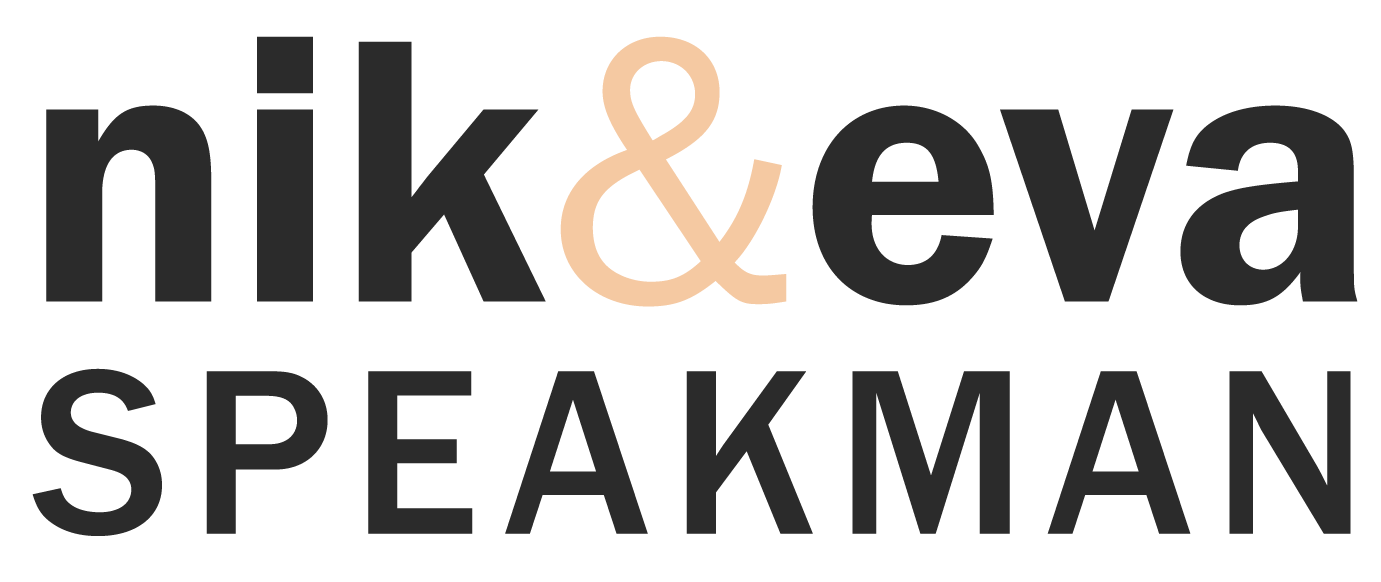The Gut-Mind Connection: How Healthy Eating Can Transform Your Mental Wellbeing
We often hear the phrase “you are what you eat,” but science is now showing us that it’s more than a saying, it’s a biological truth. What you eat doesn’t just affect your body; it has a profound impact on your brain, mood, and emotional health. One of the most exciting discoveries in recent years is the link between the gut microbiome and mental health. And it turns out, what you feed your gut, you feed your mind.
What Is the Gut Microbiome?
Your gut microbiome is a complex ecosystem made up of trillions of bacteria, fungi, and other microorganisms living in your digestive system. Don’t worry, they’re supposed to be there! In fact, these tiny microbes are essential for digesting food, absorbing nutrients, regulating inflammation by producing a number of chemicals that also protect your gut, and even producing brain chemicals like serotonin, which helps regulate mood.
Incredibly, about 90% of your body’s serotonin (a key hormone responsible for feeling happy) is produced in the gut. So when your gut is in balance, you are more likely to feel better and happier too.
The Food-Mood Connection
Emerging research now confirms what many people have long suspected: the way we eat can impact how we feel emotionally.
A diet high in ultra-processed foods, refined sugars, and artificial additives can disrupt the gut microbiome, increase inflammation, and even contribute to feelings of anxiety or low mood. On the other hand, eating a variety of whole, nutrient-rich foods can nourish your gut and support your mental wellbeing.
Here are some gut-loving foods that also support a brighter mood:
Fibre-rich vegetables like leafy greens, carrots, and broccoli (these are extra important, as fibre is what feeds your good gut bacteria to help them thrive, whilst also protecting your gut!)
Fermented foods such as yogurt, kefir, sauerkraut, and kimchi (helps to add extra good bacteria into your microbiome as they act as probiotics)
Whole grains like oats, quinoa, and brown rice (whole grain alternatives to flour, for example, contain extra fibre and protein, as they contain the whole grain, not just part of it! This means it also helps to reduce blood sugar spikes from carbohydrates!)
Healthy fats from nuts, seeds, olive oil, and oily fish (extra virgin olive oil has been shown to have similar effects to an ibuprofen!)
Probiotic and prebiotic foods that help good bacteria grow and thrive
Real Results, Naturally
When people start eating in a way that supports their gut health, they often notice real, tangible changes:
More stable mood throughout the day
Improved sleep quality
Less brain fog and more mental clarity
Reduced anxiety and irritability
A greater sense of wellbeing
And this isn’t about perfection — it’s about balance. Small, consistent changes to your diet can have a lasting impact on how you feel mentally and emotionally. Even just small changes will have some positive impact!
Three Simple Ways to Start Today
Add, Don’t Restrict
Instead of focusing on cutting things out, start by adding more colourful vegetables, whole foods, and water into your day. Crowding out the ultra-processed stuff naturally happens over time. You’ll find when you do start cutting out the ultra-processed food which damage your microbiome, that you automatically start eating healthier and will often lose weight, if that’s something you’d like to achieve)!Support Your Gut with Fermented Foods
Try adding a spoonful of sauerkraut, a glass of kefir, or some natural yogurt to your meals. These are rich in good bacteria and easy to incorporate.Listen to Your Body
Notice how certain foods make you feel — not just in your stomach, but emotionally too. Your body is always communicating. The more you listen, the more aligned you’ll feel.
You deserve to feel good in your body and mind, and a healthy gut might just be the foundation you’ve been looking for.
Remember: you don’t have to overhaul your life overnight. Just begin with one choice, one meal, one positive step. Your gut (and your mind) will thank you.
Nik & Eva Speakman
